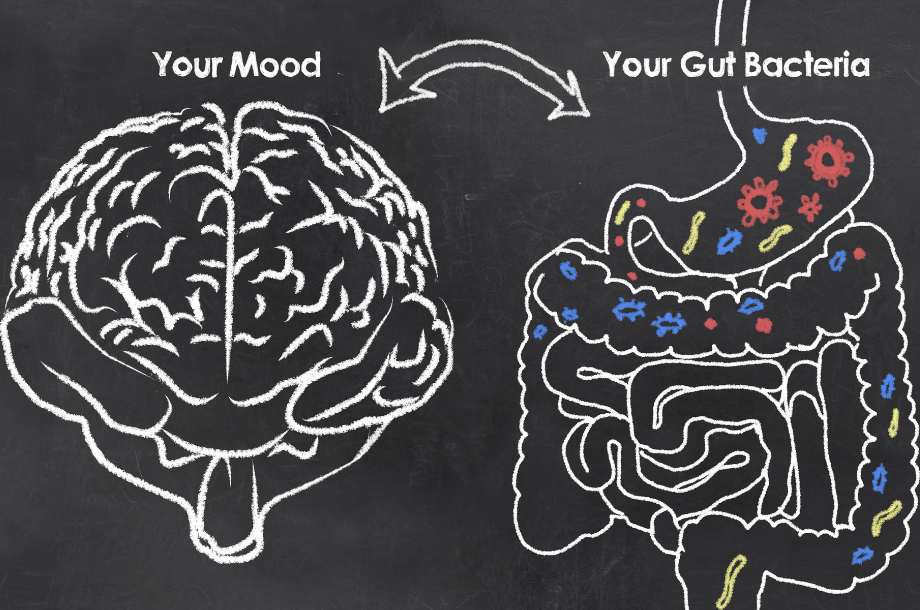BLOG
Knowledge, like food,
is powerful medicine.
Topics
- View Topics
Sleep deprivation dramatically increases your risk of coming down with an infection. A study published in the British Medical Journal assessed sleep difficulties and their associations with COVID risk. The study looked at three common sleep problems, including 1). Difficulty falling asleep at night, 2). Frequent wakings with difficulties falling back to sleep, 3). Taking sleeping pills […]
We know that good sleep is essential – but it can also be hard to achieve. You may have done all the things: blackout shades, chamomile tea, calming music, a warm bath, no screens before bed. You may even have tried counting sheep – and you still cannot get a good night’s sleep. I want […]
Many of us notice a strong link between exercise and our sleep habits. In general, regular exercise promotes sleep, and good sleep promotes a body that’s more receptive to exercise. Scientific research supports exercise as an important lifestyle factor for improving sleep quality and duration by boosting melatonin production. Exercise reduces cortisol levels, increases endorphins, […]
Looking for a meaningful yet simple New Year’s resolution in 2025? Reducing your intake of ultra-processed foods (UPFs) could be just the thing. Recent scientific studies show that UPFs are associated with an entire host of diseases including diabetes, cancer, cardiovascular disease, and mental health disorders, not to mention their link to all-cause mortality (death […]
Looking to make a small dietary change with big returns (especially in the bathroom!)? One of the most impactful changes you can make is to eat more fiber. I know you’ve heard this before, but eating lots of indigestible plant fiber is probably the single best thing you can do for your health. Fiber feeds […]
Drinking more water is a health habit we’ve probably all thought about or tried at some point. But you may not realize just how important hydration is, especially when trying to recover from illness or prevent infection, a super power we all need this January! Hydrating your body enhances two important anti-viral functions: it helps […]
Psychobiotics are a class of probiotics (live bacteria) that confer a mental health benefit. The gut is often referred to as the “2nd brain” and houses 90% of your body’s serotonin – the “feel good” hormone. As the link between the gut and the brain becomes more evident, utilizing psychobiotics to improve mental health will […]
Sixty is the new forty! We’ve all heard it. And for some aging individuals, this saying couldn’t be truer. Have you ever seen pictures that compare two different people of the same age? One image the face of health with a body that could hike Kilimanjaro; the other frail, withered, and on the brink of […]
My daughter (3 years old) was diagnosed with pneumonia. Are antibiotics a must, or can we wait it out and see how her body responds without medication? As flu season approaches, this is a dilemma many of us may experience. Antibiotics are the standard of care for children diagnosed with pneumonia. This is mostly due […]
Pollution in the environment breaks down the body’s protective epithelial layers and can trigger an inflammatory response
Researchers found that climate change may detrimentally impact our quest to look younger through its effects on the soil
Climate change could be a key player in explaining the dramatic increase in different types of gastrointestinal diseases


















